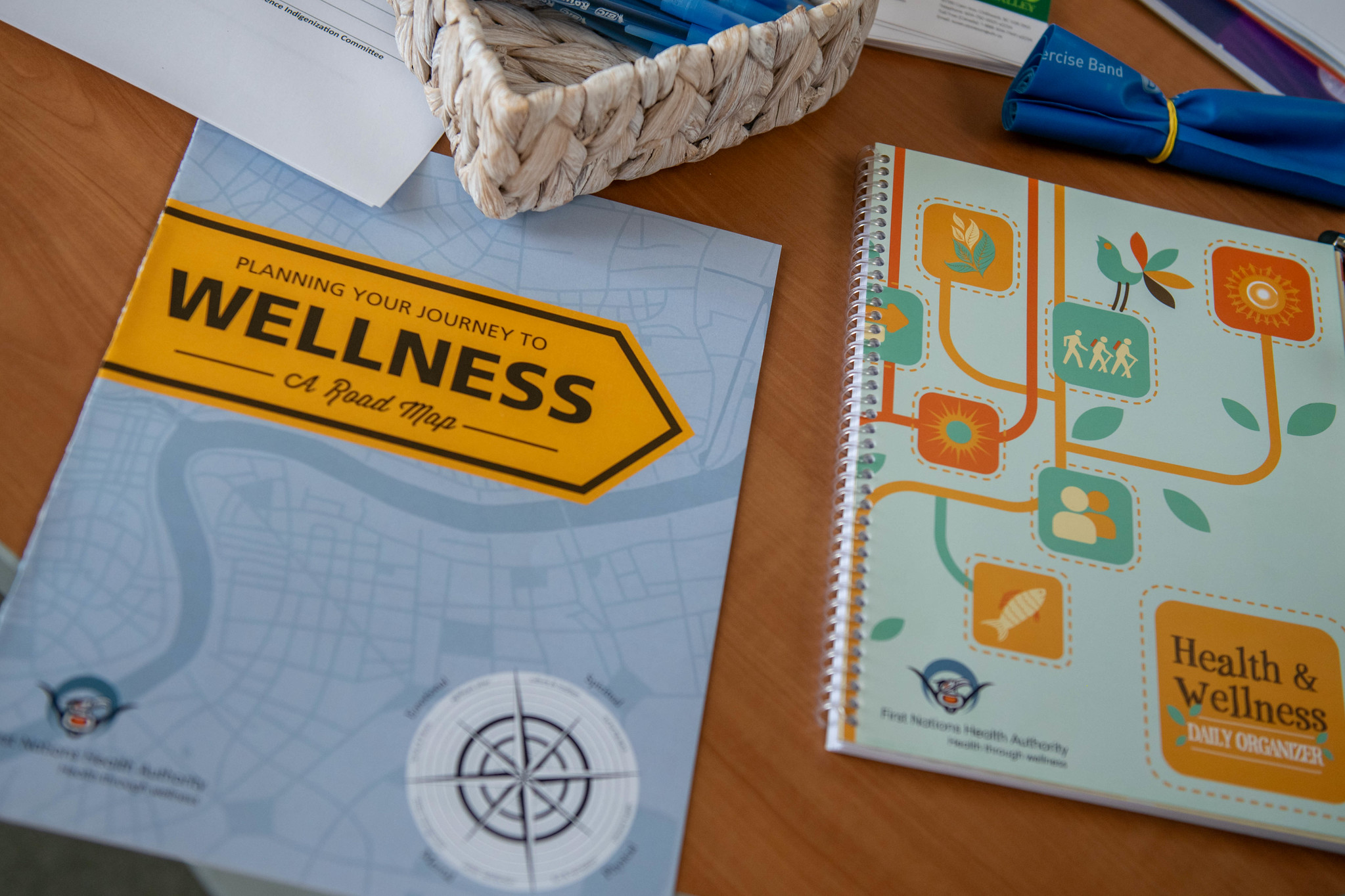UFV’s Roger Friesen works to keep Olympians in winning frame of mind
With the 2010 countdown nearly complete, all top-level athletes competing in Vancouver’s Olympic and Paralympic Games are as physically fit as they are going to get. But as history has shown dozens of times, it’s not always the body or the training that lets down the Olympian. Often it’s the mind.
Jitters, butterflies, nerves, or a sense of being overwhelmed or distracted — call it what you want. What is going on in the mind of the world’s best athletes can become their downfall.
It’s Roger Friesen’s job to help 2010 Olympians dispel any mind-games or distractions they might face before they compete this February. Friesen, a sport psychology consultant and University of the Fraser Valley kinesiology instructor, will be working with four other specially trained sport psychology consultants at the Olympics. Basically, they have the challenging job of making sure all athletes have their heads in the game when the timing is crucial.
“It doesn’t matter how well an athlete has physically trained, the Olympics can be mentally overwhelming,” says the Abbotsford resident. “The overall level of stress once these athletes and trainers get to the site is a whole new ball game and it’s quite fascinating to see how it affects them. I remember the first time I was physically on site during at an Olympic Games; it gave me a whole new appreciation of the magnitude of these events and the stress and pressure the athletes feel.”
Friesen has helped athletes prepare for six different Olympic s, working with the Canadian men’s field hockey and women’s volleyball teams, kayaker David Ford, and most recently with alpine ski racer Kelly VanderBeek — until her injury in December. While he won’t be beside VanderBeek at Whistler, he will be on hand to mentally coach all other participants, managers, coaches, or any other member of the Olympic family.
Some examples of why an athlete might need a sport psychology consultant are easy to imagine. Most people, even those who are the best in the world at their particular sport, feel some anxiety before a big race or event.
“We let the athlete know that it’s normal to feel jitters before a big event,” he explains. “Intellectually, they know this, but there are so many distractions that they get overwhelmed.”
But Friesen says the team of sports psychologists has to be prepared for almost any situation, including an athlete losing luggage, equipment failing either before or during their event, or fear of a dream-ending crash during a practice run. Other worries that can upset an athlete’s mind set can include bad food, unruly fan behaviour, conflict between teammates, missing equipment or documentation, and even athletes missing an event due to transportation hang-ups. There are also the concerns of devastating injuries, traffic accidents between Whistler and Vancouver, and even the threat of terrorist attacks.
“There have been many brainstorming sessions where we have discussed what might possibly happen. We’ve been in training ourselves as we’ve been coming to grips with any situation that might affect an athlete. We realize that each situation will be different, and athletes will handle it in their own manner, but our job will be to provide them with strategies, or support them in using their own skills to overcome whatever the issue might be.”
The team of sports psychology consultants will be available for counselling to every athlete of all participating countries, and every team trainer, manager, or coach who might also feel the need for some mental coaching. The crew will be based at the Olympic polyclinics in Vancouver and Whistler, and will be on call 24-7 right through both sets of games.
While the idea of sports psychology isn’t new, having a dedicated team of trained sport psychology consultants working alongside the doctors, paramedics, and the Olympic medical team — providing sport psychology services to all athletes, coaches and staff from all countries at the games — is ground-breaking and Friesen is excited to be on the inaugural team.
“This is a huge pioneering effort within the profession of sport psychology and VANOC has given us a real opportunity to educate other health care providers. We are now being recognized as a piece of the puzzle when it comes to high-level athletes and that’s really exciting.”
Friesen and his team are already working on getting an invite to the 2012 Summer Games in London, England. They plan to make persuasive presentations about the benefits of this format of sports psychology at world-class events at the annual conference of the International Association of Sport Psychology, and the Association for Applied Sport Psychology this autumn.
When not working with Olympic athletes, Friesen teaches sport psychology courses in the Kinesiology department at UFV, as well as several field-based courses in wilderness recreation. To find out more about UFV’s Kinesiology and Physical Education degree program and other options, please visit www.ufv.ca/kpe .
30-




